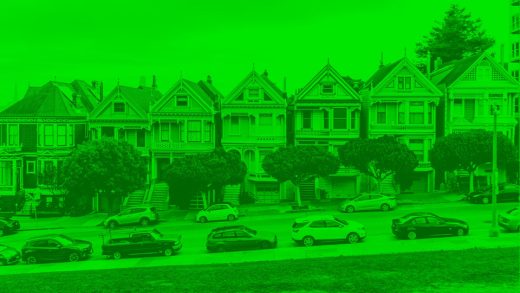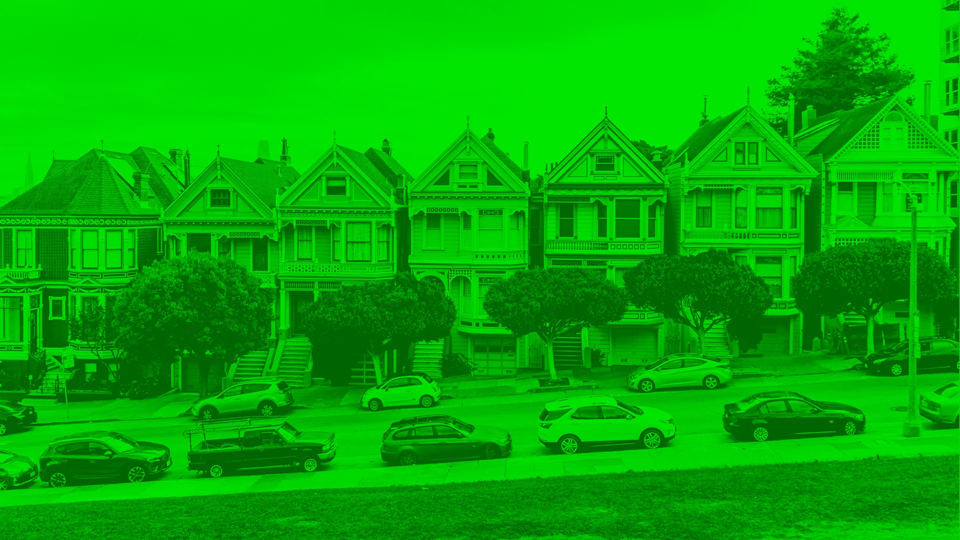How Uber and Lyft are funding opposition efforts over San Francisco transit ballot
How Uber and Lyft are funding opposition efforts over San Francisco transit ballot
Proposition L would create a new tax on ride-hailing companies and use those funds to restore transit services across the city.
Uber and Lyft are funding opposition efforts over a ballot initiative in San Francisco that’s meant to increase funding for the city’s public transit system.
Proposition L is the initiative (formerly the Community Transit Act) and it would create a new tax on ride-hailing companies, such as Uber, Lyft, and Waymo, and use those funds to restore transit services across the city. Right now, the SF Municipal Transit Association, which runs the Muni system, is facing a deficit in excess of $239 million annually, starting in 2026. That could lead to both jobs and services being cut.
Under Prop L, the city would tax the companies’ gross receipts—or total revenue—that they earn within San Francisco starting January 1. The Controller’s Office estimated that the measure would give cash-strapped Muni an additional $25 million in funding every year.
It’s no surprise that rideshare companies, which have struggled to reach and keep profitability, are disinterested in losing even more of their revenue gained. The opposition is arguing that the tax would lead to rides costing more, making services less accessible to riders, and causing drivers to ultimately lose out on earnings.
Uber has spent more than $764,000 on campaign donations, while Lyft has donated more than $103,000, according to campaign disclosures. According to SF Gate, Uber has also asked its San Francisco drivers to publicly protest the measure.
An Uber spokesperson referred Fast Company to a spokesperson for No on L. A Lyft spokesperson said that the measure would only make rides more expensive and cost drivers earnings, which would impact low-income communities that can’t access the Muni system and depend on rideshares.
“Rideshare riders already contribute $20 to $30 million per year in ride fees to Muni alone, and more mandated rider fees are expected soon,” the Lyft spokesperson added. “This proposal doesn’t solve Muni’s funding issue, but it does make it harder for people to live and work in the Bay Area.”
The opposition website echoed a similar sentiment.
“Proposition L will increase San Francisco taxes and make living here more expensive without solving Muni’s problems,” the opposition group, SF for Muni Accountability and Reliable Service—No on Prop L, wrote on its website. “We need a real plan to save Muni with funding and accountability, not more taxes.”
ABOUT THE AUTHOR
(4)



